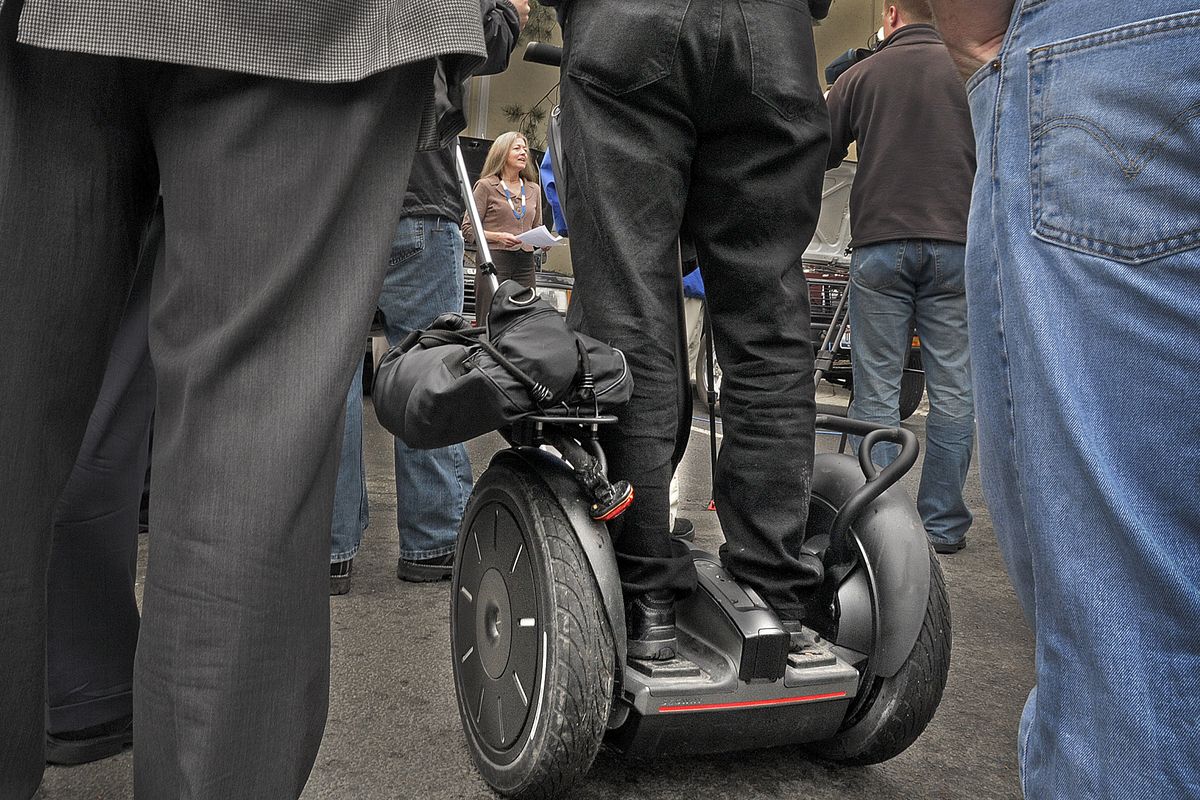Drivers can get charge at City Hall
Verner opens downtown electric car plug-in site

A bunch of the cutest little cars you’ve ever seen were parked outside Spokane City Hall on Thursday for a special occasion.
Mayor Mary Verner took advantage of the 41st Earth Day to officially unveil a new charging station for electric vehicles on the north side of City Hall.
The electricity is free, but the metered parking adjacent to the charging station isn’t.
“With the installation of this system, we are making a difference,” the mayor told a gathering of electric car owners and others.
The City Hall station is one of three charging stations newly installed through a cooperative effort with Avista Utilities.
It is also part of Verner’s effort to get Spokane to go green.
The other two sites are located at Avista headquarters and the downtown Steam Plant.
Toby Willis, owner of Toby’s Battery & Auto Electric at 3003 N. Crestline Ave., arrived in his Zap Xebra, a three-wheeled pickup truck.
The vehicle is classified as a motorcycle, but has an on-board solar panel in the truck bed. Willis said he uses it for company deliveries at a cost of about two cents per mile.
“We have a lot of fun with it,” he said.
Parked next to him was Roger Imes, co-owner of Lorien Herbs and Natural Foods, 1102 S. Perry St., in his Zenn electric car, which has a 30-mile range.
“We are addicted to driving it,” he said.
Since buying it, he and his wife have found that the car is keeping them closer to home – by choice.
“What you do is start changing your lifestyle to fit your car’s limitations,” he said.
Tim Foster, a member of the Panhandle Electric Vehicle Association, said he created his own electric vehicle by converting a 1999 Isuzu Rodeo to run on batteries.
Foster, of Spokane, owns Patriotic Motors Electric at 3164 W. Daisy St., specializing in conversions.
Avista’s Dave Holmes, manager of applied research and development, said the installation of charging stations is seen as experimental for now.
He said it’s not clear how usage patterns will emerge as more and more electric cars take to the road, but it’s possible there will be a charging station on every corner in the future.
Businesses might offer free charging as an incentive for drawing customers, or premium parking might become available with charging, he said. For now, it’s not legal to charge a markup for the electricity.
Avista paid for the station’s hardware at City Hall at a cost of $4,000.
The city kicked in about $7,000 in tax money to have it wired. The city will also pay the electric bill, but at 7 cents a kilowatt hour, that is expected to be a negligible amount of money over time, officials said.
Verner said the project is an investment to encourage Spokane to become a more sustainable community.
A downtown charging station can help alleviate “range anxiety” that comes with having a car that could die on the road if driven beyond its battery range, she said in a separate news release.
Avista plans to upgrade the charging capacity at the station from 110 to 220 volts later this year to improve its efficiency.